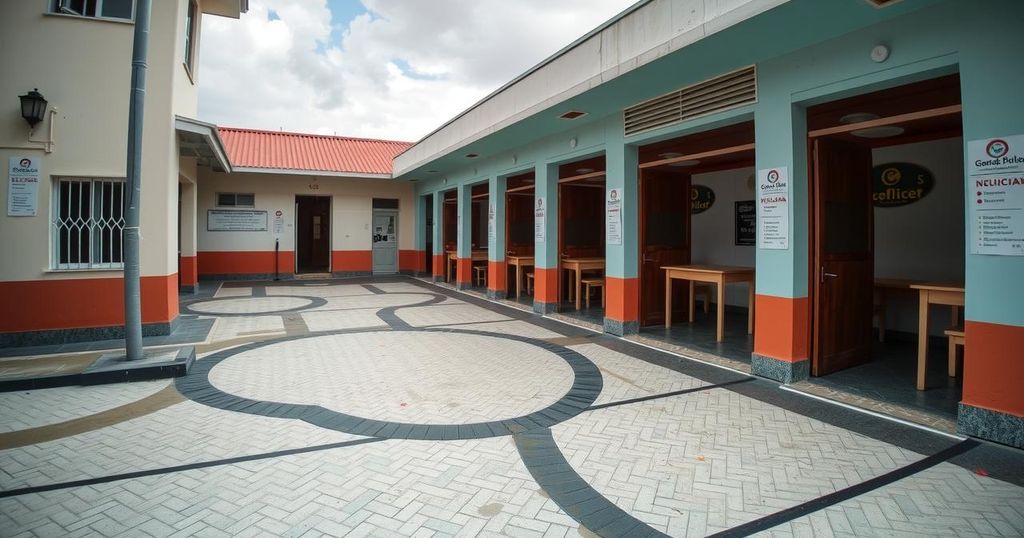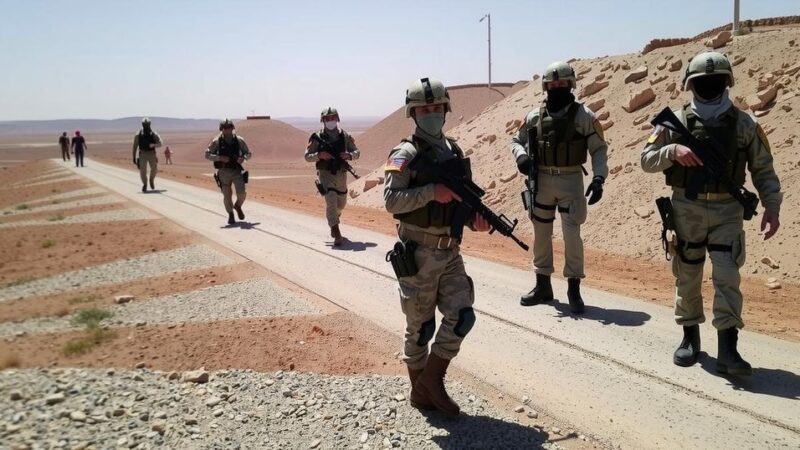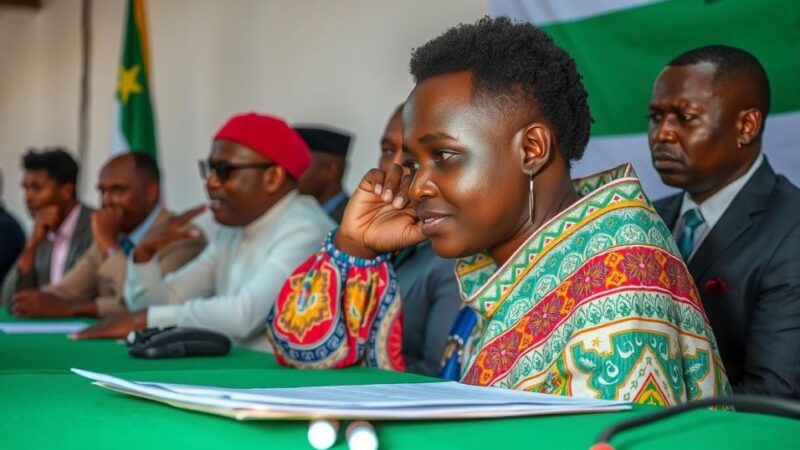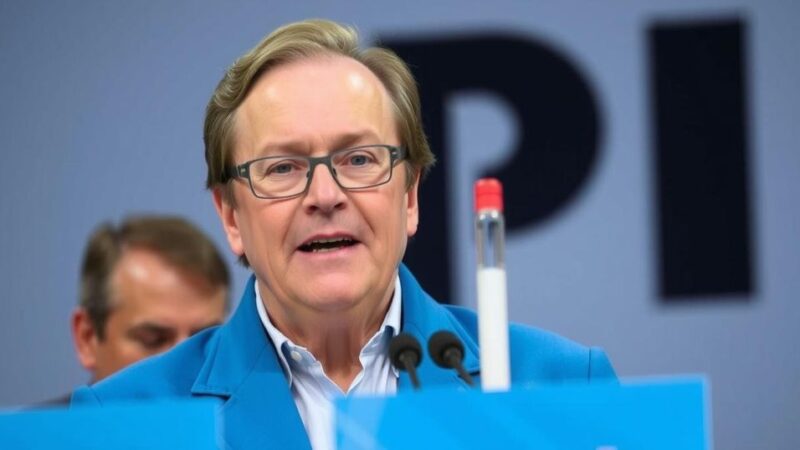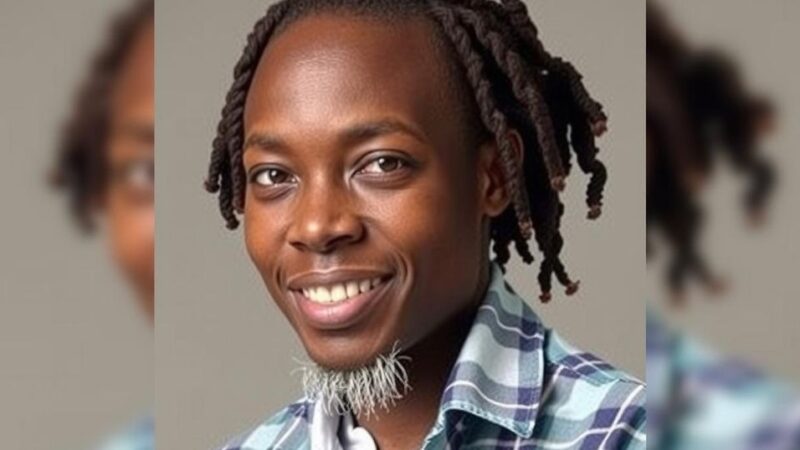Comoros held a parliamentary election that was boycotted by some opposition parties, who criticized President Azali Assoumani for authoritarian behavior and questioned the election’s integrity. The election aims to fill 33 legislative seats amidst concerns about low voter turnout due to public disaffection with the democratic process.
On Sunday, Comoros conducted a parliamentary election marked by a boycott from certain opposition parties. These leaders criticized President Azali Assoumani and his ruling party for what they perceive as an increasingly authoritarian regime and raised concerns regarding the electoral integrity. The one-day election is set to fill 33 seats in the legislature, with results anticipated next week. The electoral commission reported that approximately 330,000 of the archipelago’s 850,000 residents were registered to vote, though opposition groups predicted low voter turnout due to widespread disenchantment with the democratic process.
In the previous 2020 parliamentary election, Assoumani’s Convention for the Renewal of the Comoros secured 20 of the 24 contested seats, with opposition parties condemning the election as a “masquerade” and asserting it lacked fairness. Additionally, Assoumani retained the presidency following a contested election last year, which sparked violent protests due to allegations of fraud. The Juwa Party, led by former President Ahmed Abdallah Sambi, was among the opposition factions that boycotted the recent vote, echoing its stance during the 2020 election.
Comoros, an Indian Ocean archipelago consisting of three islands, has experienced significant political instability since gaining independence from France in 1975, endure numerous military coups. Assoumani, who has been in power for nearly two decades after first assuming control in 1999, returned to the presidency in 2016 after a previous term expiration in 2006. Constitutional changes in 2018 allowed him to bypass term limits, overriding a historical arrangement that facilitated presidential rotation among the islands. The Africa Center for Strategic Studies, a research institution backed by the U.S. Congress, asserted that Assoumani’s leadership has been characterized by escalating political repression and non-competitive electoral practices.
Voting proceeded even in the face of Tropical Cyclone Dikeledi, which was projected to approach Comoros and the adjacent French region of Mayotte on the election day.
Comoros, an archipelago located near Madagascar in the Indian Ocean, has a turbulent political history marked by military coups and instability since its independence from France in 1975. President Azali Assoumani, a former military officer, first came to power by overthrowing the president in 1999 and has since navigated through various electoral and constitutional challenges to maintain authority. His administration has faced significant criticism from opposition parties regarding electoral integrity and authoritarian tendencies, culminating in recent boycotts of parliamentary elections aimed at challenging the legitimacy of the democratic process. The backdrop of political repression further complicates the nation’s electoral landscape, impacting voter confidence and participation.
In summary, the recent parliamentary election in Comoros was significantly affected by opposition boycotts and allegations of electoral misconduct under President Azali Assoumani, whose rule has been challenged by increasing authoritarian measures. Despite operational electoral mechanisms, the expected low turnout reflects a broader disenchantment with the political process within the archipelago. As the results await announcement, ongoing political turmoil raises fundamental questions about the democratic integrity and future governance of Comoros.
Original Source: www.seattletimes.com

